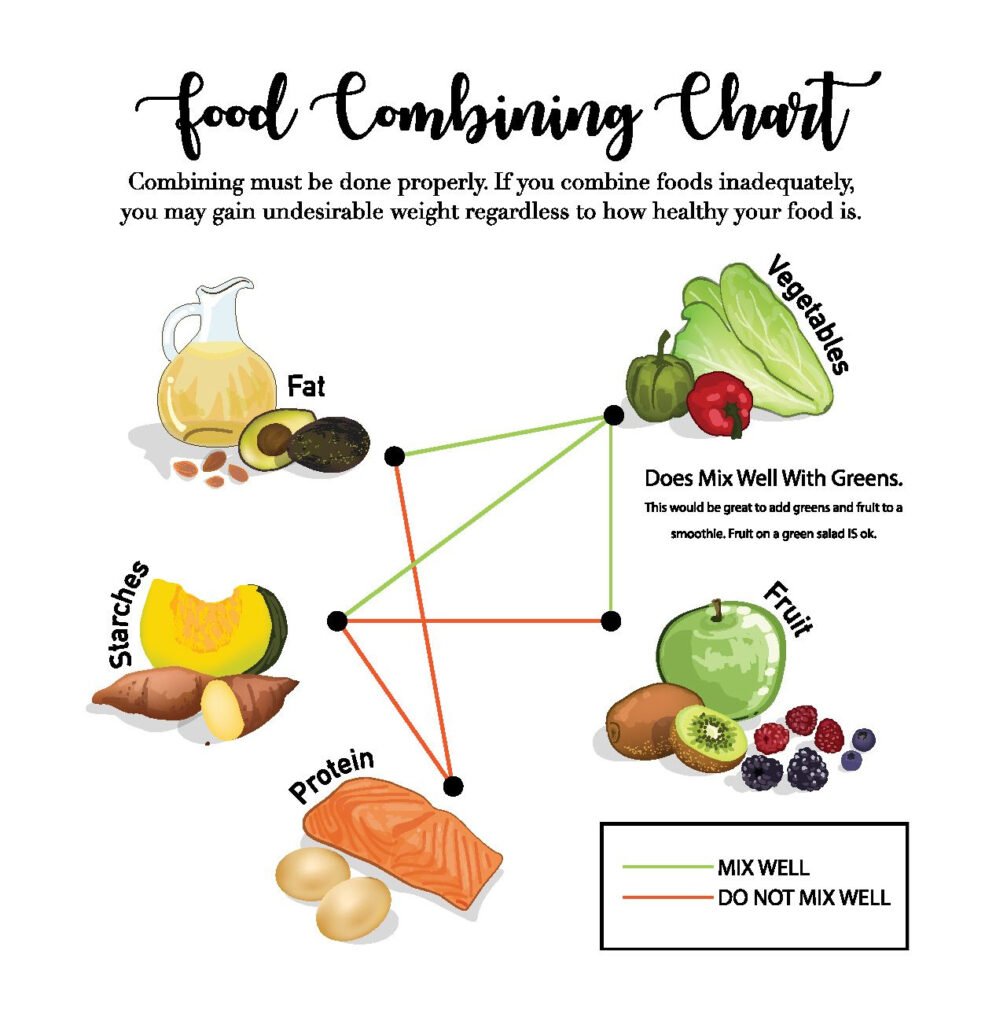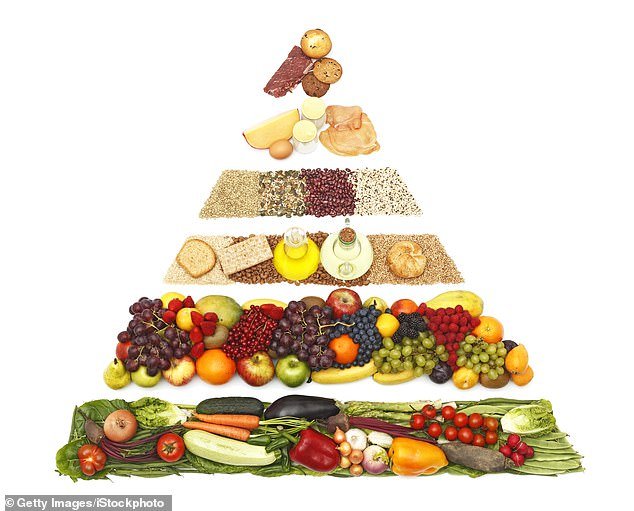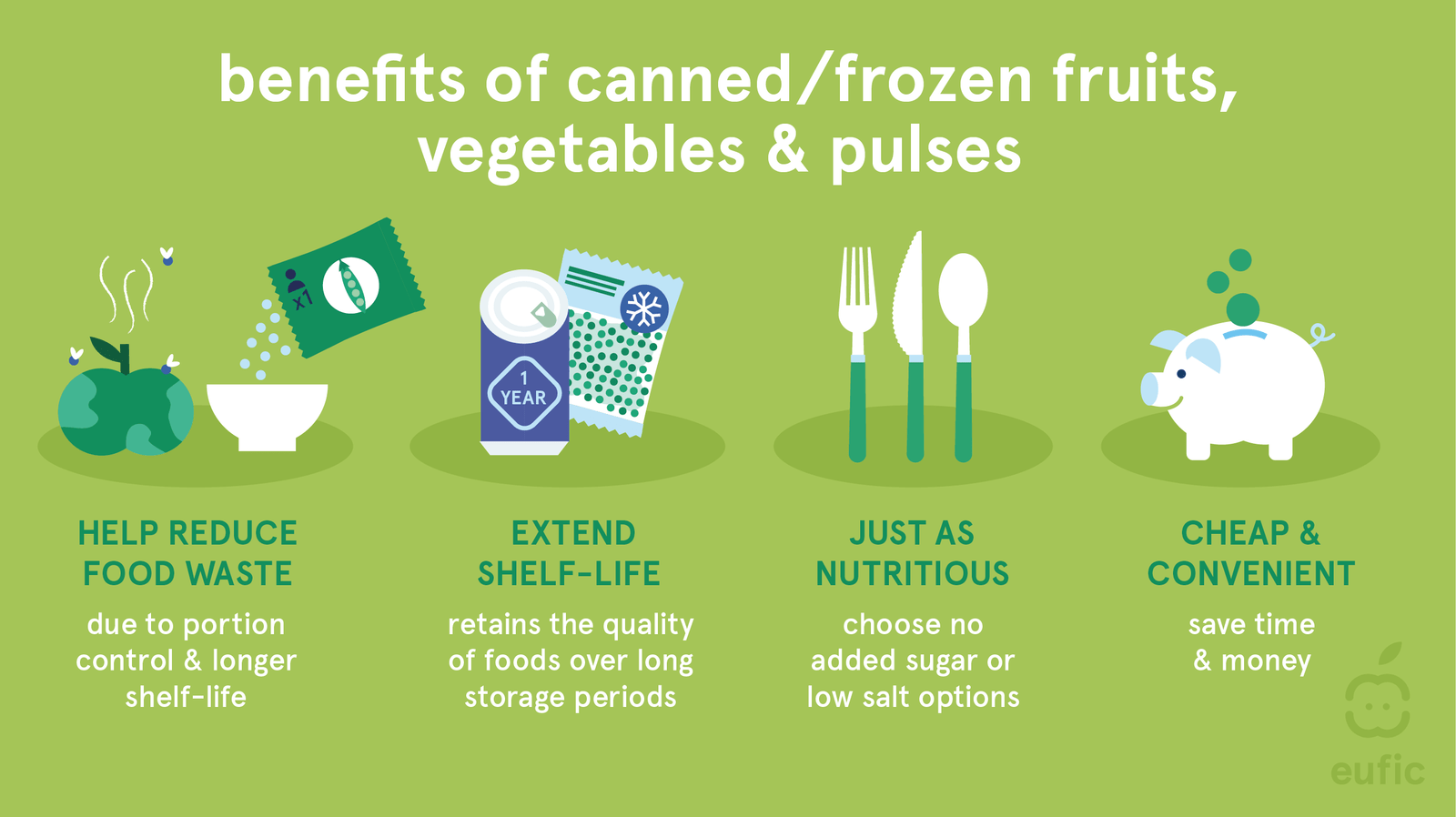Are you curious about the impact of vegetables on your gut health? With a wide array of food groups to choose from, it’s essential to understand how vegetables measure up in terms of promoting a healthy gut. While other food groups certainly have their own benefits, it is widely recognized that vegetables play a significant role in boosting gut health. In this article, we will delve into the various ways in which vegetables compare to other food groups when it comes to supporting a thriving gut ecosystem. So, get ready to discover the unique advantages that vegetables bring to the table and how they can contribute to your overall wellbeing.
Nutritional Composition of Vegetables
Vegetables are a vital part of a healthy diet, thanks to their impressive nutritional composition. They are rich in essential nutrients such as vitamins, minerals, fiber, and phytochemicals. Let’s take a closer look at each of these components:
Fiber Content
One of the standout features of vegetables is their high fiber content. Fiber is the indigestible portion of plant-based foods that passes through the digestive system intact. It plays a crucial role in maintaining a healthy gut by promoting regular bowel movements and preventing constipation.
Vitamins and Minerals
Vegetables are also packed with a wide range of vitamins and minerals that are essential for various bodily functions. These micronutrients include vitamins A, C, E, K, and various B vitamins, as well as minerals like potassium, magnesium, and iron. These vitamins and minerals not only support overall health but also contribute to a healthy gut.
Phytochemicals
Phytochemicals are natural compounds found in plants that have been widely studied for their health benefits. Vegetables contain numerous phytochemicals, such as carotenoids, flavonoids, and polyphenols. These compounds possess antioxidant and anti-inflammatory properties, offering protection against oxidative stress and reducing inflammation in the gut.
Gut Health Benefits of Vegetables
Including vegetables in your diet can bring about several advantages for your gut health. Let’s explore some of these benefits:
Improved Digestion
The fiber content in vegetables plays a vital role in improving digestion. It adds bulk to the stool, making it easier to pass, and prevents constipation. Additionally, it helps maintain a healthy weight by promoting satiety and reducing the risk of overeating, which can lead to digestive discomfort.
Promotion of a Healthy Microbiome
Vegetables act as a fuel source for the beneficial bacteria in our gut, promoting the growth of a healthy microbiome. The gut microbiome refers to the diverse community of microorganisms that reside in our intestines. By consuming a variety of vegetables, you provide the necessary nutrients for these helpful bacteria to thrive, supporting optimal gut health.
Reduced Risk of Digestive Disorders
Regular consumption of vegetables has been associated with a reduced risk of various digestive disorders. The fiber and phytochemicals found in vegetables play a crucial role in maintaining gut health and reducing the risk of conditions such as hemorrhoids, diverticulosis, and irritable bowel syndrome (IBS).

This image is property of www.eufic.org.
Comparison with Other Food Groups
While all food groups offer various health benefits, vegetables stand out in terms of their impact on gut health. Let’s compare them to other food groups:
Fruits
Fruits, like vegetables, are packed with vitamins, minerals, fiber, and phytochemicals. However, vegetables tend to have a higher fiber content and lower sugar content compared to most fruits. Both fruits and vegetables contribute to a healthy gut, but including a variety of vegetables in your diet can provide additional fiber and a wider range of nutrients.
Whole Grains
Whole grains, such as brown rice, quinoa, and whole wheat bread, are another important food group known for their fiber content. While whole grains offer similar benefits to vegetables in terms of fiber, they may not provide the same range of vitamins, minerals, and phytochemicals. Combining whole grains with an ample amount of vegetables can help optimize gut health.
Protein Sources
Protein sources such as lean meats, poultry, fish, nuts, and legumes are essential for muscle growth and repair. While protein is vital for overall health, it does not contribute significantly to gut health in the same way that vegetables do. However, combining protein sources with vegetables in meals ensures a well-rounded and nourishing diet.
Effect on Gut Microbiota
The gut microbiota plays a crucial role in maintaining overall health, and vegetables have a positive impact on its composition. Here’s how vegetables influence the gut microbiota:
Increase in Beneficial Gut Bacteria
Vegetables, especially those high in fiber, act as prebiotics. Prebiotics are non-digestible substances that serve as a food source for beneficial gut bacteria. By consuming vegetables rich in prebiotic fibers, you increase the population of beneficial bacteria, such as Bifidobacteria and Lactobacilli, in your gut. These bacteria help maintain a healthy gut environment and support various physiological functions.
Diversity of Gut Microbiota
Including a wide variety of vegetables in your diet can lead to a diverse gut microbiota. A diverse microbiota is associated with better overall health and a reduced risk of various diseases. Eating different types of vegetables exposes your gut to a range of fibers, vitamins, minerals, and phytochemicals, which promote the growth of a diverse and beneficial microbiome.

This image is property of guthealthandnutrition.com.
Role in Preventing Digestive Disorders
Vegetables have been shown to play a preventive role in various digestive disorders. Let’s take a look at two common conditions:
Constipation
Constipation is a common digestive issue characterized by infrequent bowel movements and difficulty passing stool. The high fiber content in vegetables adds bulk to the stool, making it easier to pass through the digestive system. Additionally, the water content in vegetables helps soften the stool, relieving constipation. Regular consumption of vegetables can help prevent and alleviate this uncomfortable condition.
Gastrointestinal Cancers
Certain types of vegetables, particularly cruciferous vegetables like broccoli, cauliflower, and cabbage, have been linked to a reduced risk of gastrointestinal cancers. These vegetables contain sulfur compounds and other bioactive substances that have shown potential in inhibiting the growth of cancer cells. Including a variety of vegetables, especially cruciferous ones, in your diet can contribute to a lower risk of developing gastrointestinal cancers.
Gut-Immune System Interaction
The gut and the immune system have a close relationship, with the gut playing a significant role in immune function. Vegetables can positively influence this interaction in multiple ways:
Enhanced Immune Response
The vitamins, minerals, and phytochemicals found in vegetables are essential for supporting a robust immune response. These nutrients strengthen the immune system, allowing it to effectively ward off bacteria, viruses, and other pathogens. By incorporating vegetables into your diet, you provide your immune system with the necessary tools to fight off infections and maintain overall health.
Reduced Gut Inflammation
Chronic inflammation in the gut can lead to various digestive disorders and contribute to the development of other health conditions. Vegetables, with their anti-inflammatory properties, help reduce gut inflammation and promote a healthy gut environment. The phytochemicals in vegetables have been found to modulate the immune response and decrease inflammation markers, mitigating the risk of gut-related inflammation.

This image is property of deannaminich.com.
Digestive Enzyme Activation
Vegetables can aid in the activation of digestive enzymes, facilitating nutrient absorption and overall digestion. Here’s how they contribute:
Assisting in Nutrient Absorption
Vegetables contain a wide array of micronutrients that are essential for your body’s proper functioning, such as iron, calcium, and vitamins. However, some of these nutrients are not easily absorbed by the body. Vegetables, particularly those rich in vitamin C, like bell peppers and citrus fruits, help enhance the absorption of iron and other nutrients from plant and animal sources when consumed together.
Enhancement of Enzyme Activity
Enzymes are essential for breaking down food and aiding digestion. Vegetables, especially those containing enzymes such as bromelain (found in pineapple) and papain (found in papaya), can enhance overall enzyme activity in the digestive system. By including these enzyme-rich vegetables in your diet, you can support the proper breakdown of food and promote better digestion.
Promotion of Healthy Bowel Movements
A well-functioning digestive system relies on healthy bowel movements. Vegetables can contribute to this aspect of gut health in the following ways:
Preventing Constipation
Consuming an adequate amount of fiber from vegetables adds bulk to the stool and stimulates regular bowel movements, thereby preventing constipation. Additionally, certain vegetables, such as prunes and leafy greens, possess natural laxative properties, further promoting regularity.
Reducing Diarrhea
While it may seem contradictory, vegetables can also play a role in reducing diarrhea. The pectin found in fruits and vegetables, such as apples and carrots, can help bulk up loose stools and regulate the passage of water through the intestines. This can be particularly beneficial for individuals experiencing diarrhea or loose stools.

This image is property of i.dailymail.co.uk.
Prebiotic Properties
Certain vegetables exhibit prebiotic properties, meaning they serve as nourishment for beneficial gut bacteria. This contributes to the growth and maintenance of a healthy gut microbiota. Let’s delve into this further:
Support for Probiotic Growth
Probiotics are live bacteria that provide numerous health benefits when consumed. Prebiotic vegetables, such as onions, garlic, and asparagus, contain non-digestible fibers that selectively feed and promote the growth of probiotic bacteria in the gut. Including these vegetables in your diet creates an environment conducive to the flourishing of beneficial bacteria.
Fermentation and Short-Chain Fatty Acid Production
When prebiotic fibers from vegetables reach the large intestine, they undergo fermentation by gut bacteria. This fermentation process produces short-chain fatty acids (SCFAs), such as butyrate, acetate, and propionate. SCFAs play a vital role in maintaining gut health by providing fuel to the colon cells, reducing inflammation, and supporting the integrity of the intestinal lining. Eating a variety of prebiotic-rich vegetables can enhance SCFA production and promote a healthy gut environment.
Antioxidant and Anti-inflammatory Effects
Another significant benefit of vegetables for gut health lies in their antioxidant and anti-inflammatory effects. Here’s how they contribute:
Protection against Oxidative Stress
Oxidative stress occurs when there is an imbalance between the production of free radicals and the body’s ability to neutralize them. This imbalance can lead to cellular damage and contribute to the development of various health conditions. The antioxidants found in vegetables, such as vitamins C and E, help combat oxidative stress and protect the cells of the digestive tract, promoting gut health.
Reduced Inflammation in the Gut
Inflammatory bowel diseases (IBD), including Crohn’s disease and ulcerative colitis, are characterized by chronic inflammation in the gut. The anti-inflammatory properties of vegetables, particularly those rich in phytochemicals like curcumin (found in turmeric) and quercetin (found in onions), can help alleviate inflammation in the gut and reduce the severity of symptoms associated with these conditions.
In conclusion, vegetables are an excellent choice for promoting gut health due to their nutritional composition, fiber content, and various other beneficial components. By incorporating a diverse array of vegetables into your diet, you can support digestion, enhance the gut microbiota, prevent digestive disorders, boost the immune system, activate digestive enzymes, promote healthy bowel movements, and enjoy the antioxidant and anti-inflammatory effects they offer. Remember to make vegetables a central part of your meals to reap their numerous gut health benefits.

This image is property of www.eufic.org.

